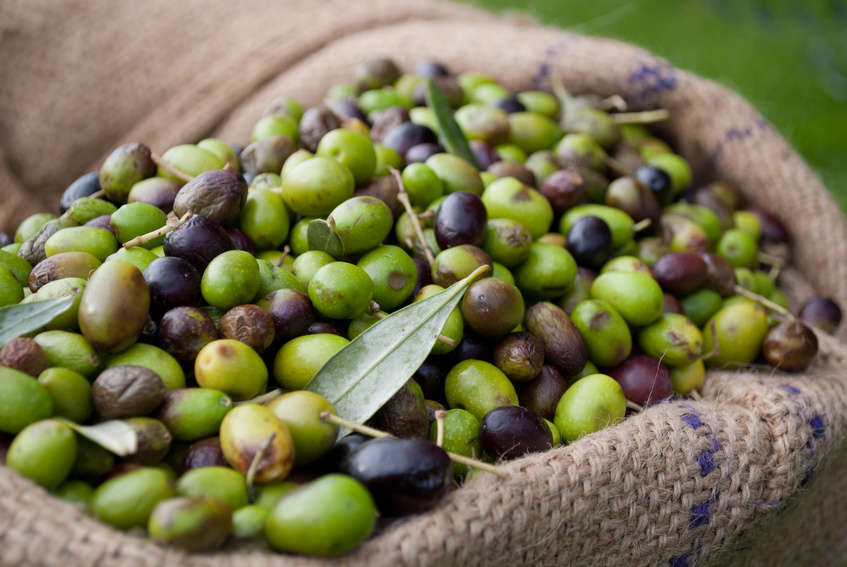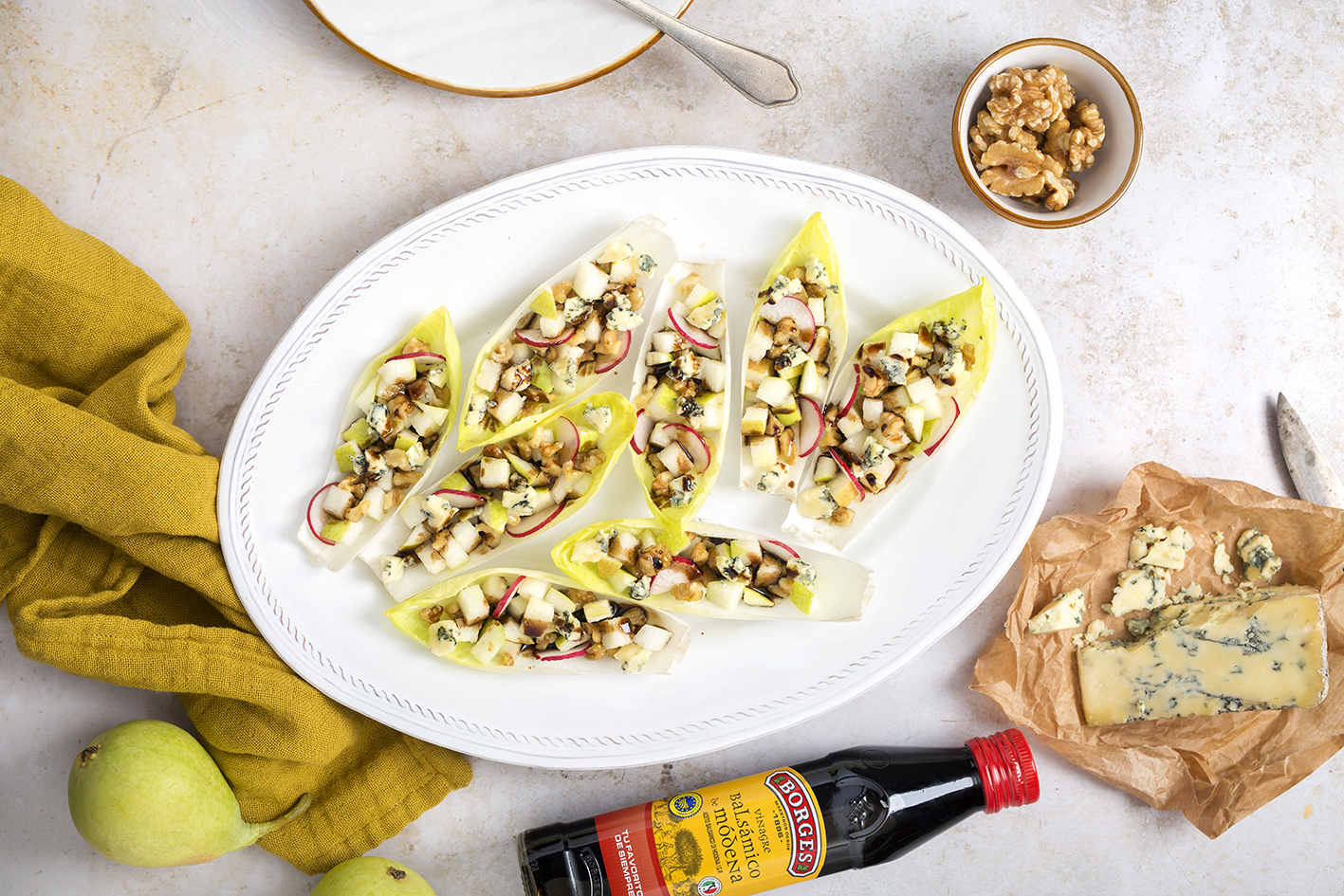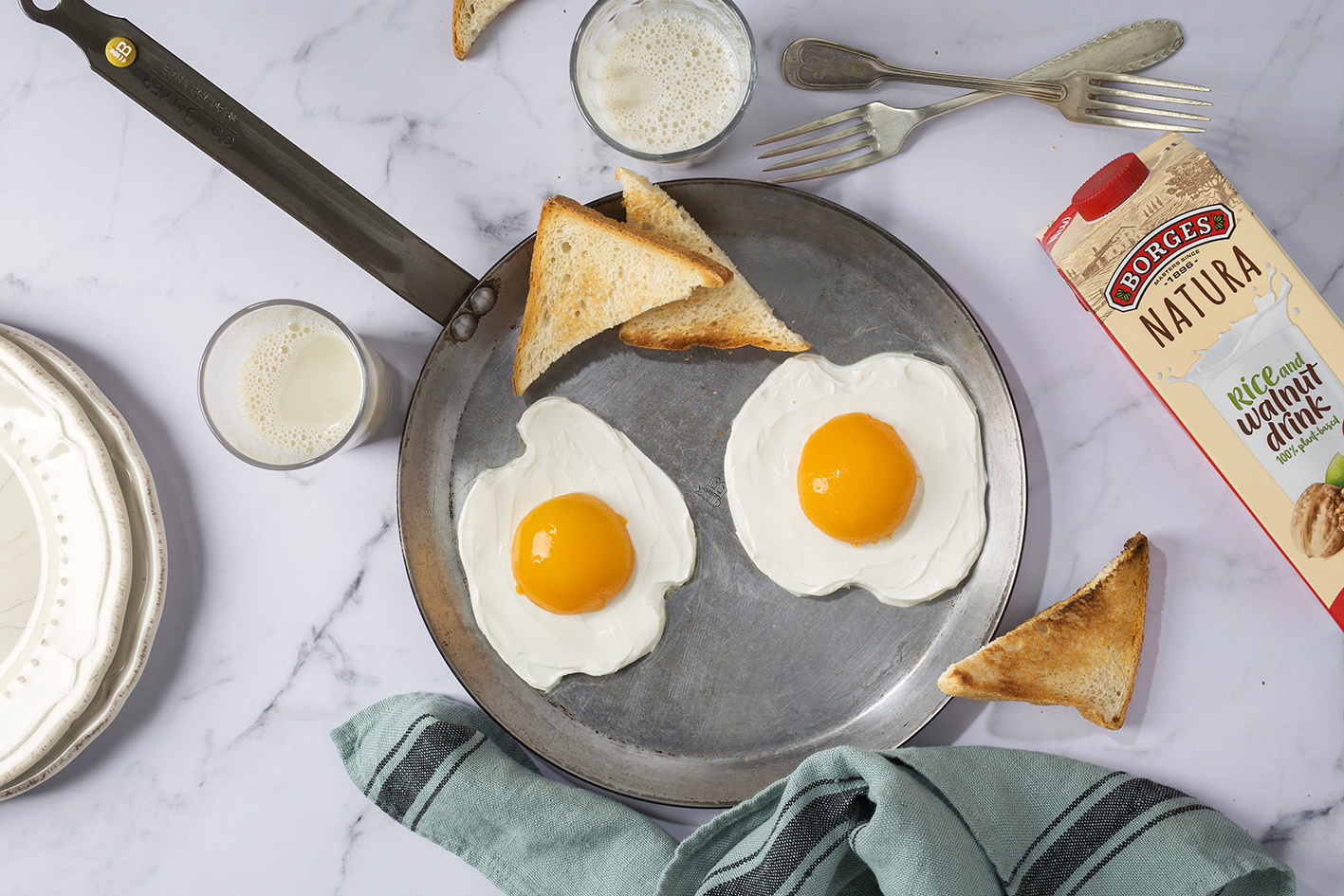You’re bound to have heard the word coupage used to refer to blending wines, but did you know that it can also be used to talk about olive oils? Alongside the single-variety olive oils made exclusively from one specific kind of olive, a coupage of extra-virgin olive oil blends together several different varieties of olives. The difficulty—or knack, depending on how you look at it—is knowing which varieties to blend to obtain the desired golden liquid.
A rigorous selection of the very best raw ingredients at source is the key to guaranteeing top-quality products. The individual nuances of each extra-virgin olive oil, both single varieties and coupages, vary depending on the characteristics of the harvest and the year in question, which makes each and every bottle of olive oil a unique experience across the palate—just like a bottle of wine.
The main role in preparing any olive oil, and therefore any coupage, is played by the olive oil master—an olive-pressing expert who oversees the process of obtaining each kind of olive oil from the different varieties of olives, and who is a coupage connoisseur to boot. Their expertise and dedication are fundamental for producing the best extra-virgin olive oil and they are ideally placed to offer advice on which kind of coupage is likely to be most popular with consumers.
Each variety’s organoleptic properties and degree of taste compatibility with other varieties—preferably from the same area—help determine which ones are to be blended together in a coupage. The aim is to create an extra-virgin olive oil with a highly evocative look, flavour and aroma. A coupage emerges from tasting new flavours and aromas until the olive oil master hits upon an olive oil that is a unique combination of different olives. Like any good extra-virgin olive oil worth its name, an olive oil coupage can be enjoyed on its own to savour all its properties in full or used as a dressing to bring new flavours to any dish.
There are as many coupages as there are mixtures of varieties of olives. And the list of varieties worldwide is endless: Arbequina, Hojiblanca, Picual, Morisca, Blanqueta, Coratina, Rosciola, Koroneiki and Kalamata are just some of the varieties from the rich Mediterranean basin used to create highly original olive oils. There is a wide range of coupages available, depending on the desired sweetness, intensity, bitterness or mildness across the palate, bearing in mind that each variety has its own flavour, colour and aroma.


